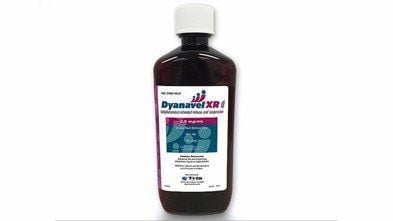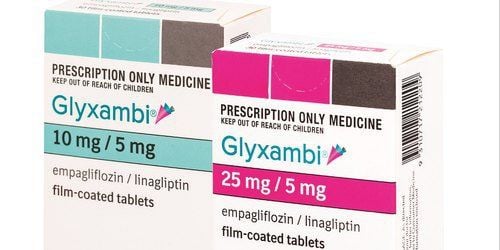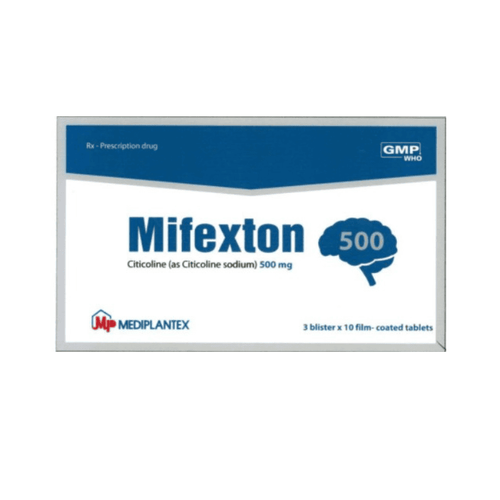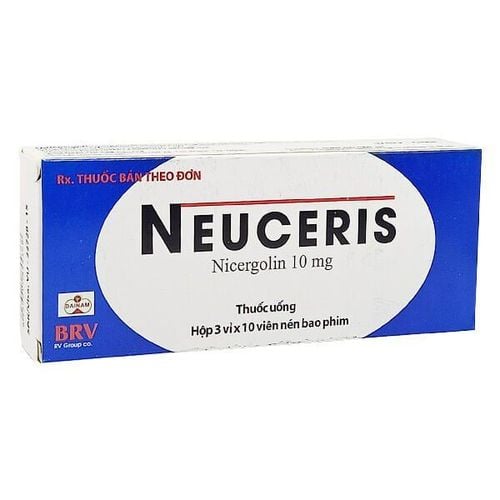This is an automatically translated article.
The article is professionally consulted by Master, Doctor Ton That Tri Dung - Department of Examination & Internal Medicine - Vinmec Danang International HospitalDementia is a clinical syndrome caused by many causes, including symptoms affecting memory, cognition and social skills to a serious degree that significantly affects daily life, care, and social skills. Taking care of dementia patients is not easy. This is not a specific disease, but many different diseases can cause dementia.
1. Causes of Dementia
Usually dementia is related to memory loss (amnesia), but memory loss is caused by many different causes. Memory loss alone is not defined as dementia.
Alzheimer's disease is a common disease causing progressive dementia in the elderly, in addition to a number of other causes of dementia, and depending on the cause, the symptoms of dementia can be restored.
Signs of dementia in the elderly are difficult to recognize, especially in the early stages. If in doubt, it is necessary to take the patient to a specialized medical facility for examination, to avoid progression of the disease. Here are some signs of the disease:
Dementia is caused by damage to nerve cells and their connections in the brain. Depending on the damage to each area of the brain, dementia can affect each person differently and cause different symptoms:
1.1 Common types of dementia
Alzheimer's disease and dementia Lewy body (50-75%) Vascular dementia (15-20%) Alcohol-related dementia In people under 65 years of age, frontotemporal dementia may account for 50% of all dementia HIV-related dementia is dementia most common in people <55 years old 1.2 Uncommon forms of dementia
Primary degenerative dementia Diffuse Lewy body dementia (7-26% of dementia) frontotemporal lobe dementia (Pick's disease, Huntington's disease. ..) Neurological diseases associated with dementia dementia dementia in Parkinson's disease, brain tumor, traumatic brain injury, subdural hematoma, demyelinating disease Infectious causes Neurosyphilis, Lyme disease Post-encephalitis dementia (..) especially herpes) Viral, parasitic, bacterial and fungal encephalitis Opportunistic infections or brain abscesses Medical causes Thyroid and adrenal disease Vitamin deficiency (thiamin, niacin, B12) laxatives (hepatic encephalopathy, dementia after dialysis...) Drugs (sedatives, antihypertensives, hypnotics, anticholinergics) Whipple's disease, sarcoidosis, Wilson's disease Heavy metal poisoning 1.3 Progressive dementia Rapid
Hashimoto's encephalitis (can be treated with steroids) Degenerative cerebellar syndromes Spongiform encephalopathy Paraneoplastic syndrome Viral encephalitis A very small number of Alzheimer's disease, Lewy body dementia, frontotemporal lobe dementia

2. Signs of dementia in the elderly
Signs of dementia in the elderly are difficult to recognize, especially in the early stages. If in doubt, it is necessary to take the patient to a specialized medical facility for examination, to avoid progression of the disease. Here are some signs of the disease:
2.1 Memory impairment The patient is forgetful, unable to remember old information or retain facts of new information.
2.2 Loss of language ability The patient suddenly forgets commonly used simple words or uses words incorrectly, has difficulty finding words, speech is not fluent.
2.3 Loss of spatial vision Dementia in the elderly affects the patient's ability to perceive images. The patient also has a problem with spatial orientation.
2.4 Impaired executive function The patient has difficulty in problems related to thinking, reduced judgment and evaluation ability.
2.5 Decreasing frequency of performing functional activities Ty per patient and disease form will manifest as a gradual decrease in activities of basic daily living.
2.6 Behavioral disorders When dementia in the elderly progresses severely, the patient is often passive or indifferent to the surrounding living environment. or agitated; The opposite of agitated behavior is that the patient will wander.
3. How to take care of dementia patients
Dementia in the elderly needs proper attention and care so that the patient has good health, the brain works effectively, and prevents memory decline and some other functions.
Help patients have a healthy diet, limit sugar and cholesterol intake to control blood pressure, and eat lots of fresh vegetables. Avoid letting people use stimulants such as tobacco, drinking alcohol. Encourage and encourage the patient to increase movement and gentle exercise on a regular basis. Support the patient when needed, encourage initiative and independence in the patient. Remind the patient to take medicine, support to help the patient keep mentally comfortable and stable to prevent dementia in the elderly. If signs of dementia in the elderly are suspected, the patient should be diagnosed early by specialized doctors for proper prevention and treatment.
Please dial HOTLINE for more information or register for an appointment HERE. Download MyVinmec app to make appointments faster and to manage your bookings easily.














